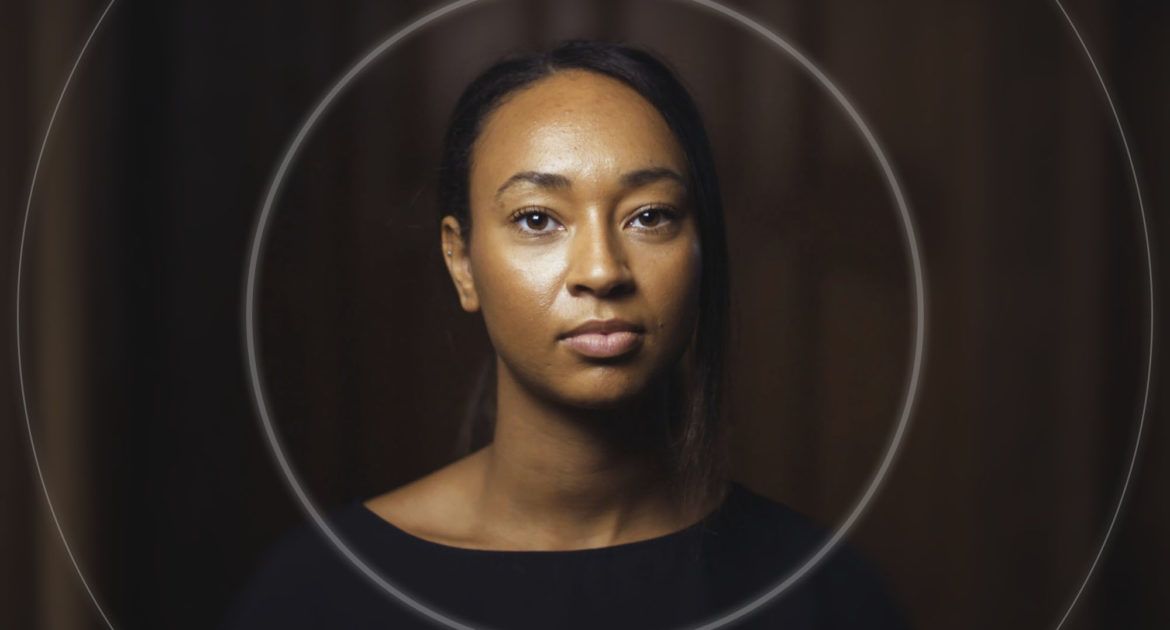Since the inception of jobs.ac.uk more than 20 years’ ago, we have had the pleasure of supporting a wide range of academic institutions and individuals across the higher education sector with career opportunities and cost-effective recruitment solutions.
Following the continued success of our relationship with the sector, we are delighted to make a special announcement for jobseekers, recruitment professionals and hiring managers alike.
Today, we have launched our latest recruitment campaign, ‘a career in higher education means more’. Our new campaign sets out to highlight the impact a university-based professional services career can have. Through a combination of video footage, written articles and live webinars we will share the stories behind more than 50 university employees to gain insights into their careers, experience and appreciation for working in the sector.
In turn, we hope to inspire professional services candidates from all sectors and encourage them to explore what a career in higher education could mean for them.
Throughout the course of the campaign, we will focus on different disciplines within professional services and coordinate a series of promotional activities to engage with human resources, marketing, student support, IT and operations personnel.
Emma Johnson, from jobs.ac.uk said ‘This has been a truly inspiring campaign for us to present. Each and every professional involved has a story to share, whether supporting students to achieve their potential, providing the opportunity for world leading research or undertaking a personal career development journey. We hope this campaign demonstrates that a career in higher education is accessible to a range of professionals and it really does mean more’.
Are you inspired by our new campaign? Browse our professional services website to find out how a role in higher education could transform your career.

